Understanding God’s True Desire: Mercy Over Wrath
In our spiritual journey, we often encounter a common misconception perpetuated by the spirit of the world and the Devil—that God is a wrathful judge eager to condemn us to eternal damnation. This distorted image stands in stark contrast to the truth reflected in sacred traditions and scriptures, much like the inviting image reflected in the tabernacle above. Come join us in this article to Find Peace in God’s Mercy: Defeat Lies and Discover Love.
The Misrepresentation of God’s Nature

You may have heard people exclaim, “I’d never worship a God that wants to send us all to hell!” This perception is not only erroneous but also profoundly damaging. It twists God’s loving nature into something unrecognisable. Just as Rembrandt’s famous painting of the Prodigal Son beautifully illustrates, our God is one who longs for our return, who desires mercy above all else—for us and for each other.
The parable of the Prodigal Son (Luke 15:11-32) is a poignant reminder of God’s infinite mercy. Despite the son’s waywardness, the father waits with open arms, ready to welcome him back without a hint of reproach. This is the true image of our Heavenly Father.
“But while he was still a long way off, his father saw him and was filled with compassion for him; he ran to his son, threw his arms around him and kissed him.” (Luke 15:20)
God’s Open Arms
At every moment, God extends His hands to us, eager for us to come back to Him. The Devil, however, employs a cunning strategy to keep us away from this embrace. First, he instills in us a sense of unworthiness, making us believe that we do not deserve God’s mercy. Second, he deceives us into thinking that God’s primary wish for us is damnation. These lies are pervasive and, sadly, often believed.
The Reality of Divine Mercy
Oh blood and water which gushed forth from the heart of Jesus, have mercy on us and on the whole world. (St Faustina – Diaries)
Contrary to the lies perpetuated by the spirit of the world, the reality of Divine Mercy is overwhelmingly clear and profound. The Divine Mercy chaplet, inspired by St. Faustina, encapsulates this truth beautifully: “Eternal God, in whom mercy is endless and the treasury of compassion is inexhaustible…” This prayer stands as a testament to the boundless mercy that God offers to all who seek it. It reminds us that no sin is too great to be forgiven and no soul is beyond redemption.
St. Faustina, known as the Apostle of Divine Mercy, was granted numerous visions and messages from Jesus, emphasizing the depth and breadth of His mercy. In her Diary, she records these divine encounters, offering us a window into the heart of God’s mercy.
One of the most profound messages from Jesus to St. Faustina is His assurance of mercy for even the greatest sinners. Jesus told her, “The greater the sinner, the greater the right he has to My mercy” (Diary, 723). This statement underscores the infinite nature of God’s mercy and His desire to draw all souls to Himself, regardless of their past.

The Sacred Heart and Divine Mercy
The devotion to the Sacred Heart of Jesus is intimately connected with the message of Divine Mercy. The Sacred Heart represents Jesus’ deep love and compassion for humanity. It is often depicted with flames, thorns, and radiant light, symbolizing His burning love, the suffering He endured, and His divine illumination.
St. Margaret Mary Alacoque, who was instrumental in spreading the devotion to the Sacred Heart, received revelations from Jesus emphasizing His love and mercy. Jesus said to her, “Behold this Heart which has so loved men that it has spared nothing, even to exhausting and consuming itself, in order to testify to its love” (Autobiography of St. Margaret Mary). This revelation highlights the sacrificial nature of Jesus’ love and His unending mercy.

The devotion to the Sacred Heart of Jesus is intimately connected with the message of Divine Mercy. The Sacred Heart represents Jesus’ deep love and compassion for humanity. It is often depicted with flames, thorns, and radiant light, symbolizing His burning love, the suffering He endured, and His divine illumination.
St. Margaret Mary Alacoque, who was instrumental in spreading the devotion to the Sacred Heart, received revelations from Jesus emphasizing His love and mercy. Jesus said to her, “Behold this Heart which has so loved men that it has spared nothing, even to exhausting and consuming itself, in order to testify to its love” (Autobiography of St. Margaret Mary). This revelation highlights the sacrificial nature of Jesus’ love and His unending mercy.
Quotes on Divine Mercy and the Sacred Heart
St. Faustina:
- “Let no soul fear to draw near to Me, even though its sins be as scarlet. My mercy is greater than your sins and those of the entire world” (Diary, 699).
- “I am love and mercy itself. There is no misery that could be a match for My mercy, neither will misery exhaust it, because as it is being granted – it increases” (Diary, 1273).

St. Margaret Mary Alacoque:
- “The divine Heart is an abyss filled with all good things, an abyss of joy, wherein all our sorrows are lost; an abyss of humility, wherein all our folly is swallowed up; an abyss of mercy, for which we ask all our needs.”
- “The Heart of Jesus is closer to you when you suffer than when you are full of joy.”
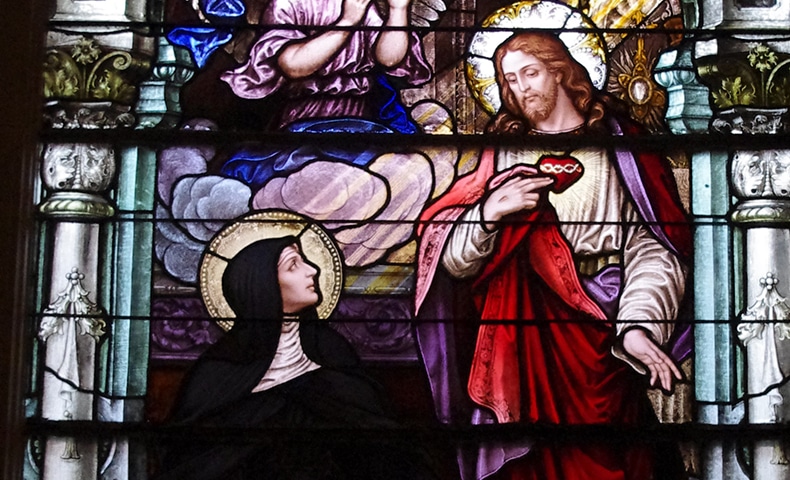
Pope John Paul II:
- “The message of Divine Mercy has always been near and dear to me… It is as if Jesus wanted to reveal that the limit imposed upon evil, of which man is both perpetrator and victim, is ultimately Divine Mercy.”

St. Alphonsus Liguori:
- “The Heart of Jesus is, as it were, the principal organ of His Body, and the seat of His affection and love, so it is a symbol of the infinite love with which He loved us.”
- “If you wish to find God, He is not far from you; He is in your heart. Make it His sanctuary. Consecrate your heart to Him. There offer Him your prayers, your sufferings, your whole self. Love Him and trust in His mercy.”

Embracing Divine Mercy
To fully embrace the reality of Divine Mercy, it is essential to immerse ourselves in prayer, particularly the Divine Mercy chaplet, and to trust in God’s boundless compassion. Frequent participation in the sacraments, especially Confession and the Eucharist, allows us to experience firsthand the healing and forgiveness that only God can provide.
Furthermore, by reflecting on the lives and writings of saints like St. Faustina and St. Margaret Mary Alacoque, we can gain a deeper understanding of God’s mercy and be inspired to extend that same mercy to others. As we grow in our devotion to the Sacred Heart and Divine Mercy, we are called to embody these virtues in our daily lives, fostering a spirit of forgiveness, compassion, and love.
The reality of Divine Mercy is a powerful antidote to the lies of the Devil. By embracing the truth of God’s infinite mercy, as revealed through the Sacred Heart and the teachings of saints, we can overcome fear and unworthiness, and draw closer to the heart of Jesus, who longs for our return and our eternal salvation.
The Tabernacle: A Reflection of God’s Mercy
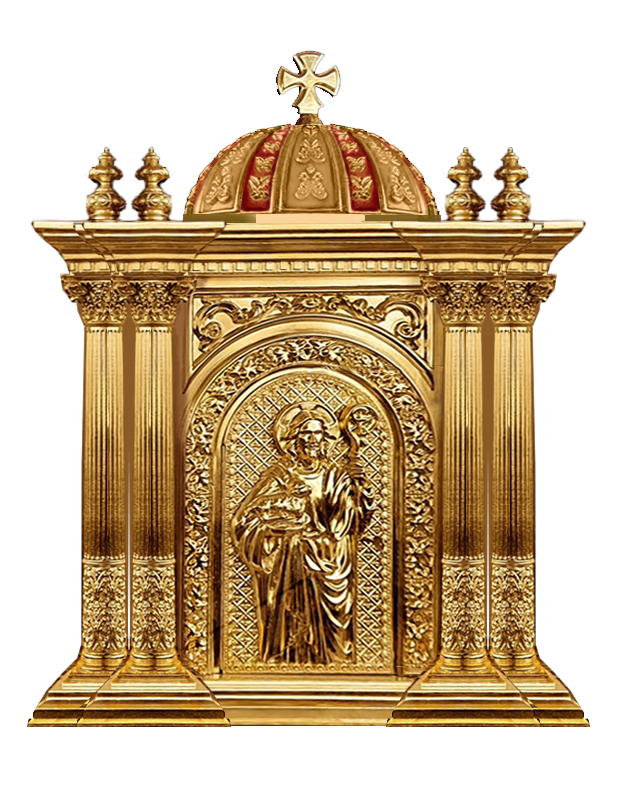
The tabernacle, the sacred dwelling place of God, stands as a powerful symbol of His presence among us. It is a place of refuge and a beacon of hope. The image of the tabernacle not only reminds us of God’s constant presence but also of His unceasing invitation to come to Him. In the Eucharist, we encounter the living Christ, who offers Himself to us in an intimate act of love and mercy.
Overcoming the Lies of the Devil
To combat the lies of the Devil, we must immerse ourselves in the truth of God’s Word and the teachings of the Church. Regular participation in the sacraments, especially Confession and the Eucharist, strengthens us against these deceptions. The sacrament of Confession, in particular, is a profound encounter with God’s mercy. It is here that we experience firsthand the forgiveness and healing that only He can provide.
The Role of the Community
Our journey back to God is not one we undertake alone. The Church, as the body of Christ, plays a vital role in guiding and supporting us. Within the community, we find encouragement, accountability, and the shared wisdom of those who have walked the path before us. The example of the saints and the teachings of the Church Fathers provide a rich tapestry of guidance and inspiration.
Embracing God’s Mercy
As we grow in understanding of God’s true nature, we are called to extend that same mercy to others. Jesus’ command to “be merciful, just as your Father is merciful” (Luke 6:36) challenges us to forgive and love as He does. This mercy is not just a passive feeling but an active force that transforms our relationships and our communities.
The lie that God is a wrathful judge eager to condemn us is one of the most insidious tools of the Devil. By distorting our understanding of God’s true nature, it creates a barrier between us and the divine love and mercy that is constantly offered to us. However, through prayer, the sacraments, and the community of the Church, we can overcome these lies and embrace the truth of God’s infinite mercy.
As we reflect on the image of the tabernacle, the parable of the Prodigal Son, and the teachings of St. Faustina, we are reminded that God’s desire for us is not one of condemnation but of reconciliation and love. The Divine Mercy chaplet beautifully encapsulates this message, urging us to trust in God’s endless mercy and inexhaustible compassion.
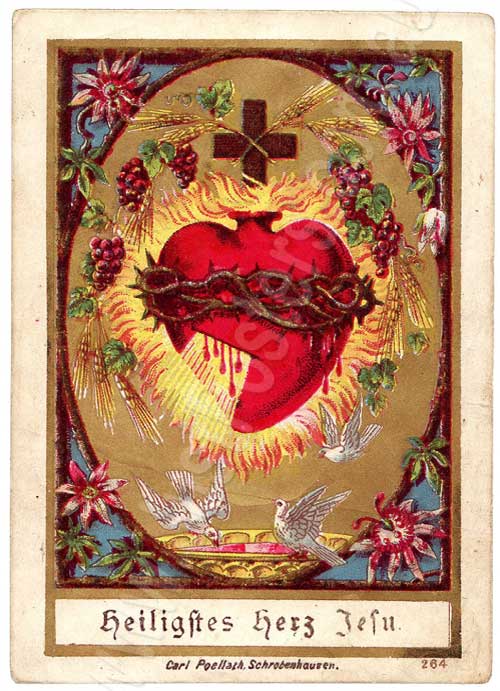
Practical Steps to Embrace God’s Mercy
1. Daily Prayer and Reflection: Spend time each day in prayer and reflection, asking God to reveal His mercy to you. Meditate on the parables and scriptures that emphasise His loving nature.
2. Regular Participation in the Sacraments: Frequent Confession and participation in the Eucharist are vital. These sacraments are profound encounters with God’s mercy and grace.
3. Engage with the Community: Join a faith community where you can share your journey and receive support. The encouragement and wisdom of others can help reinforce your understanding of God’s love.
4. Read Spiritual Writings: Dive into the writings of the saints and Church Fathers who have explored the depths of God’s mercy. Their insights can offer profound understanding and inspiration.
5. Practice Mercy: Extend God’s mercy to others in your daily life. Forgive those who have wronged you, show compassion to those in need, and act with kindness and love.


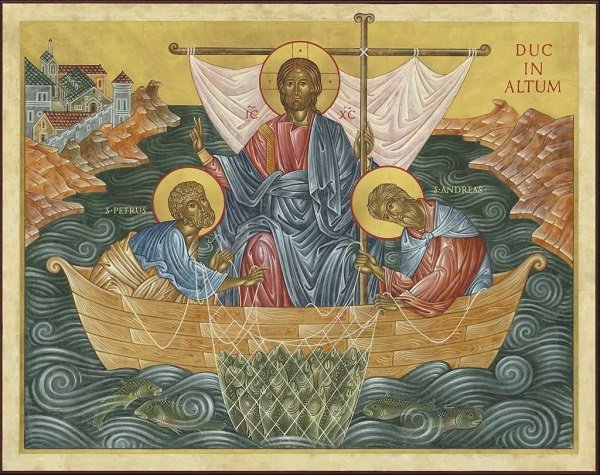
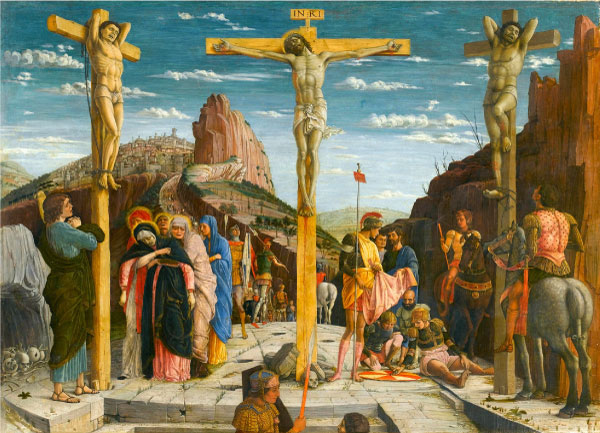
Great picture 👍🙏
Ha, where could that have come from?